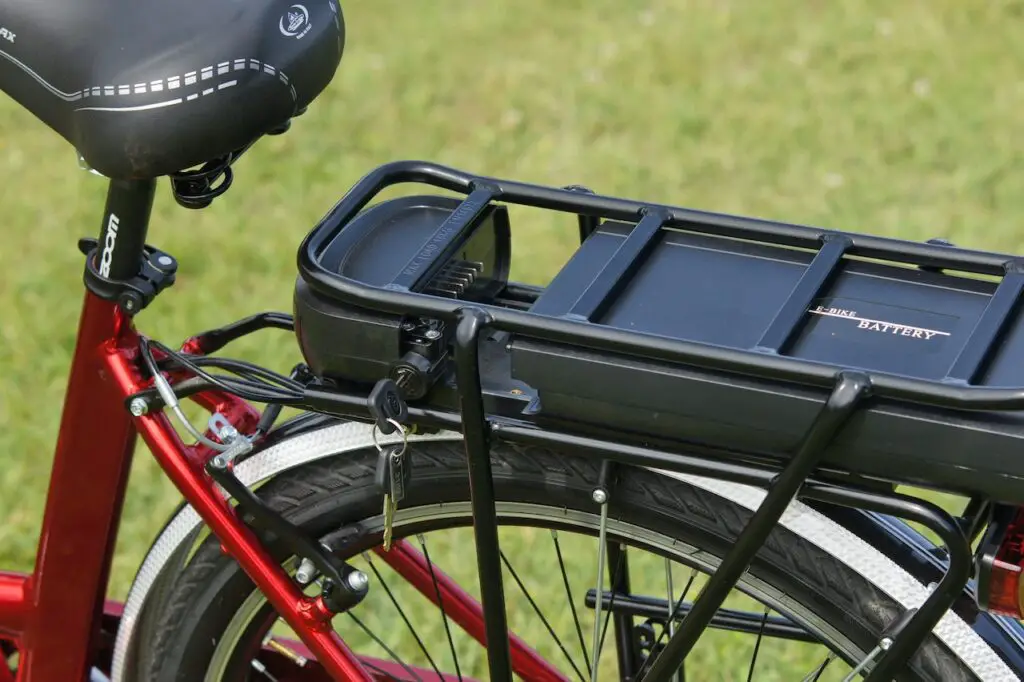Electric bikes, or e-bikes, have become increasingly popular in recent years due to their convenience and eco-friendliness. However, there is still some confusion about whether or not a license is required to ride one. The answer to this question varies depending on where you live and the type of e-bike you have.
If you’re in Europe or the United States, e-bikes are generally treated similarly to regular bicycles, which means you don’t need a separate license to ride one. However, there are specific technical requirements that your e-bike must meet in order to be considered a bicycle. If your e-bike doesn’t meet these requirements, you may need a license and insurance to ride it on public roads.
So, do you need a license to ride an e-bike? The short answer is that it depends. In this article, we’ll take a closer look at the rules and regulations surrounding e-bikes in different countries and explore the various types of e-bikes that are available. By the end of this article, you’ll have a better understanding of whether or not you need a license to ride an e-bike and what you need to do to stay safe and legal on the road.

Laws and Regulations
Federal Laws
At the federal level, electric bikes are classified as bicycles as long as they meet certain criteria. According to the Consumer Product Safety Commission (CPSC), an electric bike must have pedals and a motor with a maximum power output of 750 watts (1 horsepower) to be considered a bicycle. If it meets these criteria, it is not subject to the same regulations as mopeds or motorcycles.
However, the Federal Electric Bike Law (HR 727) allows states to regulate the use of electric bikes on their roads and bike paths. This means that while electric bikes may be considered bicycles at the federal level, states may have their own laws and regulations that apply.
State Laws
State laws regarding electric bikes vary widely. Some states have adopted the federal definition of an electric bike, while others have their own definitions and regulations. In some states, electric bikes are subject to the same laws and regulations as traditional bicycles, while in others they are treated more like mopeds or motorcycles.
For example, in California, electric bikes are classified into three categories: Class 1, Class 2, and Class 3. Class 1 and Class 2 electric bikes are limited to a top speed of 20 mph and are allowed on bike paths and lanes. Class 3 electric bikes can reach speeds up to 28 mph and are allowed on bike paths and lanes, but not on sidewalks.
It’s important to note that even within states, local laws and regulations may differ. For example, some cities or counties may have their own restrictions on where electric bikes can be ridden. It’s always a good idea to check with local authorities to make sure you are following all applicable laws and regulations.
License Requirements
Age Requirements
When it comes to age requirements for riding an ebike, it varies depending on the country and state. In the US, most states do not require a license for riding an ebike, but the age limit for riding one varies. In some states like California and New York, the minimum age to ride an ebike is 16 years old. However, in other states like Florida, there is no age limit for riding an ebike.
In Europe, the age limit for riding an ebike is generally 14 years old. However, some countries like Austria and Italy have a minimum age limit of 16 years old. It’s important to check the specific laws in your area to ensure you are following the correct age requirements.
Speed Limitations
Another important factor to consider when it comes to license requirements for ebikes is the speed limitations. In the US, most states limit the speed of ebikes to 20 mph, which means that riders do not need a license to ride them. However, some states like New York and California have slightly different laws, where ebikes can only go up to 28 mph and require a license to ride them.
In Europe, the speed limit for ebikes is generally set at 15.5 mph. However, some countries like Belgium and Switzerland have a speed limit of 18.6 mph. It’s important to check the specific laws in your area to ensure you are following the correct speed limitations.
Insurance Requirements
While you do not need mandatory insurance to ride an e-bike in most countries, it is still recommended to have some form of coverage.
Third-party liability insurance can protect you in case of an accident where you are at fault and cause damage to someone else’s property or injure someone.
Some insurance companies offer e-bike insurance policies that cover theft, accidental damage, and personal injury, which can provide additional peace of mind.
It is important to note that insurance requirements may vary depending on the country or state you are in, so it is best to check with your local authorities to ensure you are compliant with the regulations.
Conclusion
So, do you need a license for an electric bike? The answer is not straightforward. It depends on the country or state you live in. In most countries, electric bikes are treated like regular bicycles and do not require a separate license. However, some countries and states have specific regulations regarding electric bikes.
It is important to research the regulations in your area before purchasing an electric bike. This will help you avoid any legal issues and ensure that you are riding safely and responsibly. Additionally, it is always a good idea to wear a helmet and follow traffic laws when riding an electric bike.
In summary, while the regulations regarding electric bikes can be confusing, it is ultimately up to you to educate yourself and follow the rules in your area. With the right research and precautions, riding an electric bike can be a fun and eco-friendly mode of transportation.




